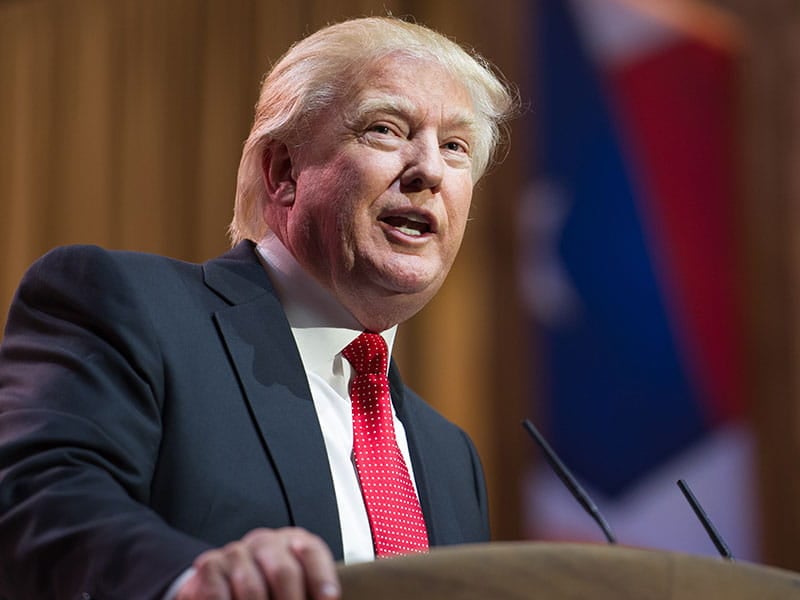The program had operated for more than four years in Cleveland.
Both sides predicted the issue will go to the U.S. Supreme Court in what could be a test case over whether tax money can be used to send students to private--including parochial--schools.
In the ruling issued Monday, the appeals court voted 2-1 to uphold a Cleveland federal judge's December 1999 decision that the voucher program is unconstitutional because most of the 56 schools that receive voucher money have a religious affiliation.
Appeals Judges Eric Clay and Eugene Siler Jr. upheld U.S. District Judge Solomon Oliver's ruling. Oliver had ruled that the program "has the effect of advancing religion through government-supported religious indoctrination."
Judge James Ryan concurred with parts of the decision.
Clint Bolick of the Institute for Justice, a Washington-based organization that argued in support of the voucher program, said he will urge the U.S. Supreme Court to hear the case. Bolick said he hopes the high court agrees to hear the case as soon as possible to resolve the issue for the 4,000 students in Ohio's experimental program.
Advocates of the program argued that it gives low-income parents an alternative to the Cleveland public schools. Opponents said it is an illegal use of public money.
"This means that taxpayer money will not be diverted for use by private, religious schools," said Barry Lynn, executive director of Americans United for Separation of Church and State, which was part of a coalition that sued to challenge the Cleveland program.
Bolick said the U.S. Supreme Court should have additional motivation to hear the dispute because state and federal courts have reached conflicting conclusions.
In 1998, the U.S. Supreme Court let stand a Milwaukee voucher program by refusing to review the case. Last year, it allowed Maine to continue subsidizing children who attend some private schools while denying such tuition vouchers for those who go to religious schools.
In the Cleveland program, low-income parents receive up to $2,250 per child in state-funded tuition payments to private schools. Ohio Attorney General Betty Montgomery declined to comment on Monday's ruling, saying that her staff was reviewing it.

